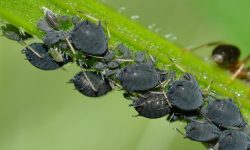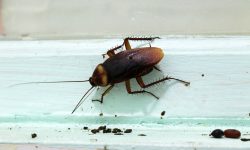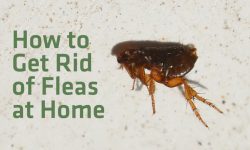Bed bugs are notorious for their persistence and the difficulties involved in eradicating them. Many homeowners, out of desperation, turn to DIY methods like rubbing alcohol, hoping it can be the silver bullet for these pests. But can rubbing alcohol really kill bed bugs? Is it as effective as commercial pesticides, and what risks should you be aware of?
In this article, we’ll take a deep dive into how rubbing alcohol works against bed bugs, its effectiveness, and the safety concerns to consider before using it. Let’s cut through the myths and see if rubbing alcohol is truly up to the task.
How Does Rubbing Alcohol Work Against Bed Bugs?
Rubbing alcohol contains isopropyl alcohol, known for its strong drying and disinfecting properties. When used on bed bugs, it works in two primary ways:
- As a desiccant: Isopropyl alcohol evaporates moisture and dries out the waxy outer layer of the bed bug’s exoskeleton. This dehydration weakens and eventually kills the bed bugs since their protective barrier is compromised.
- As a repellent: Rubbing alcohol has a pungent smell that bed bugs find unpleasant. They tend to avoid areas treated with alcohol, reducing the chance of them nesting there.
These functions are somewhat similar to commercial bed bug treatments. For instance, powder desiccants like diatomaceous earth also work by drying out the bed bugs, while some sprays contain repellent ingredients to keep bed bugs from nesting. However, rubbing alcohol is not as effective or long-lasting as professional products, which are specifically designed to target bed bugs at all life stages.
Does Rubbing Alcohol Kill Bed Bugs Effectively?
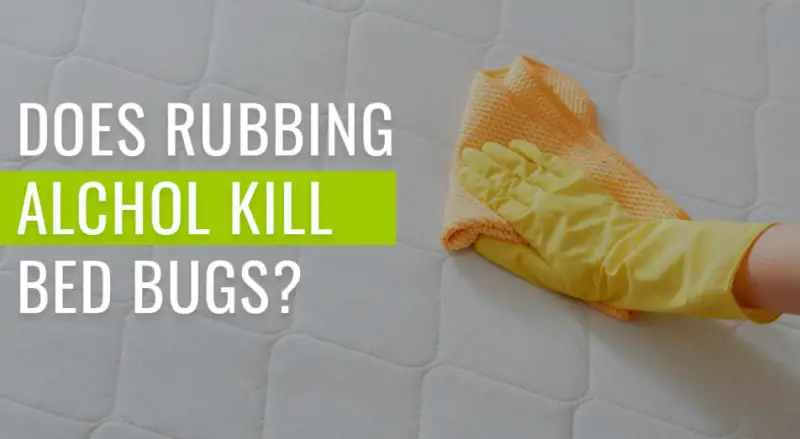
Unfortunately, rubbing alcohol is not a highly effective solution for eliminating bed bugs. Studies have shown that direct application can kill around 50% of bed bugs, but it falls short of completely eradicating an infestation. Here’s why:
- Low concentration: Store-bought rubbing alcohol typically contains around 70% isopropyl alcohol. Higher concentrations, such as 90%, are slightly more effective, but still not enough to tackle a full infestation.
- Resistant exoskeletons: Bed bugs have tough, waxy outer layers that protect them from drying out. This makes it harder for rubbing alcohol to penetrate deeply enough to kill them effectively.
- Limited reach: Rubbing alcohol needs to come into direct contact with the bed bugs to kill them. Bed bugs that are hiding in cracks, crevices, or deep within mattresses are often missed.
- Short-lived effects: Alcohol evaporates quickly, meaning it offers no residual protection. Once dried, it loses its ability to kill or repel bed bugs, leaving room for reinfestation.
Though rubbing alcohol can kill some bed bugs on contact, it is not a reliable or comprehensive solution for a large infestation. Eggs, nymphs, and adults that are hiding in inaccessible places will likely survive, making professional intervention necessary in most cases.
Rubbing Alcohol vs. Professional Treatments
When compared to professional bed bug treatments, rubbing alcohol falls short in several ways. Licensed pest control products, such as Aprehend and Crossfire, use chemicals specifically designed to eliminate bed bugs at every stage of their life cycle. These treatments remain active for weeks or even months after application, ensuring that bed bugs don’t return.
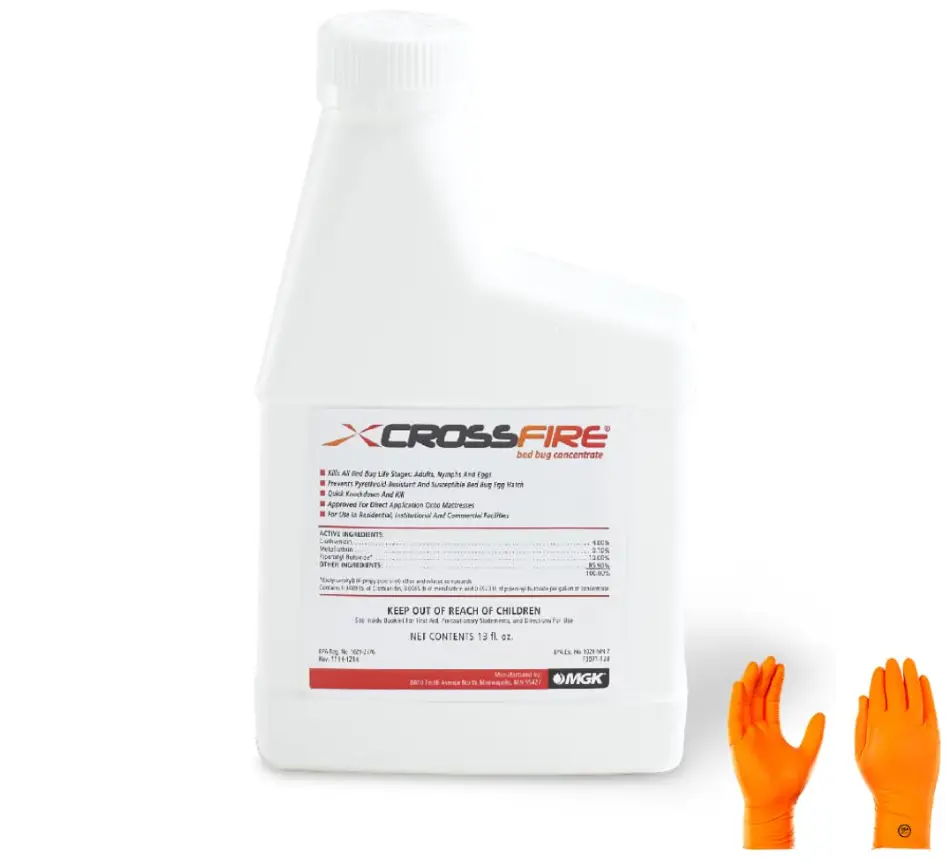
Furthermore, professional methods like heat treatments or fumigation are highly effective in eradicating all bed bugs in a single treatment. Heat treatments raise the temperature in an infested room to lethal levels, killing bed bugs at all stages of development. Fumigation, on the other hand, involves sealing off a building and flooding it with gas, which penetrates all areas, ensuring that no bed bugs or eggs survive.
In contrast, rubbing alcohol does not offer the same thoroughness or lasting impact. While it may kill some bed bugs on contact, it cannot reach deep into hiding spots or kill eggs, making reinfestation likely.
Does Rubbing Alcohol Kill Bed Bugs Instantly?
When rubbing alcohol comes into direct contact with bed bugs, it can kill them within 15 to 30 seconds. This rapid action makes it seem like a promising solution. However, the key limitation is that it only works on bugs that are directly sprayed. Once the alcohol dries, its effectiveness vanishes.
While the fast kill time may look impressive, the real challenge is getting to all of the bed bugs hiding in hard-to-reach places. Bed bugs can hide deep within mattresses, inside furniture, or in wall cracks, and unless you can spray every single one directly, you’ll likely miss some. Additionally, rubbing alcohol does not kill bed bug eggs, which means the infestation can continue to grow even after treatment.
Dangers of Using Rubbing Alcohol Yourself
While rubbing alcohol is cheap and readily available, there are significant risks associated with using it as a DIY bed bug treatment:
- Fire hazard: Rubbing alcohol is highly flammable, especially in higher concentrations. If applied near heat sources, such as a stove, heater, or even an open flame, it can ignite and cause serious damage. Many homeowners are unaware of this risk when applying rubbing alcohol liberally to their bedding or furniture.
- Spreading the infestation: Bed bugs tend to scatter when disturbed by chemicals like rubbing alcohol. This means they may flee to new areas, spreading the infestation to other rooms or even neighboring apartments.
- Health risks: Prolonged exposure to rubbing alcohol can irritate the skin, eyes, and respiratory system. Breathing in large amounts of alcohol vapors can be dangerous, particularly in poorly ventilated spaces.
- No residual effects: Once the alcohol evaporates, it leaves no lasting protection. Eggs can hatch, and surviving bed bugs can continue to infest your home.
Given these risks, it’s clear that rubbing alcohol is not the safest or most effective method for bed bug control. Hiring a licensed exterminator is generally a better option for serious infestations.
More Effective Ways to Remove Bed Bugs
For a more thorough and lasting solution to bed bugs, consider adopting an integrated pest management (IPM) approach. IPM combines several proven techniques to completely eradicate bed bugs, including:
- Inspections: A professional pest control expert can use specialized tools, such as a thermal camera, to locate bed bugs hiding in cracks, crevices, or furniture.
- Stronger pesticides: Licensed pesticides like Aprehend and Crossfire are more effective and remain active for weeks, killing bed bugs even after the initial treatment.
- Heat treatments: Heating rooms or belongings to lethal temperatures (above 118°F) kills bed bugs at all life stages.
- Freezing treatments: Lowering temperatures below 0°F for extended periods also kills bed bugs. Some items can be placed in cold storage units to eliminate pests.
- Fumigation: For severe infestations, fumigation with lethal gas is the most comprehensive method of bed bug removal.
By combining these methods, you can ensure that all bed bugs, including eggs and nymphs, are eliminated. This holistic approach is much more effective than relying solely on rubbing alcohol or other DIY solutions.
Conclusion: Does Rubbing Alcohol Kill Bed Bugs?
While rubbing alcohol does kill bed bugs on contact, it is not a complete or reliable solution for eradicating an infestation. Its ability to kill bed bugs is limited to direct contact, and it does not penetrate deep enough to reach eggs or hidden bugs. Moreover, rubbing alcohol evaporates quickly and leaves no lasting effects, making reinfestation likely.
For small, localized infestations, rubbing alcohol can offer some immediate relief. However, for larger infestations, professional pest control methods are far more effective and safer. Licensed exterminators have access to stronger pesticides, heat treatments, and fumigation services that can thoroughly eliminate bed bugs from your home.
In short, while rubbing alcohol can kill bed bugs, it’s not the magic solution many people hope for. For complete bed bug removal, professional help is often the smartest and safest choice.


